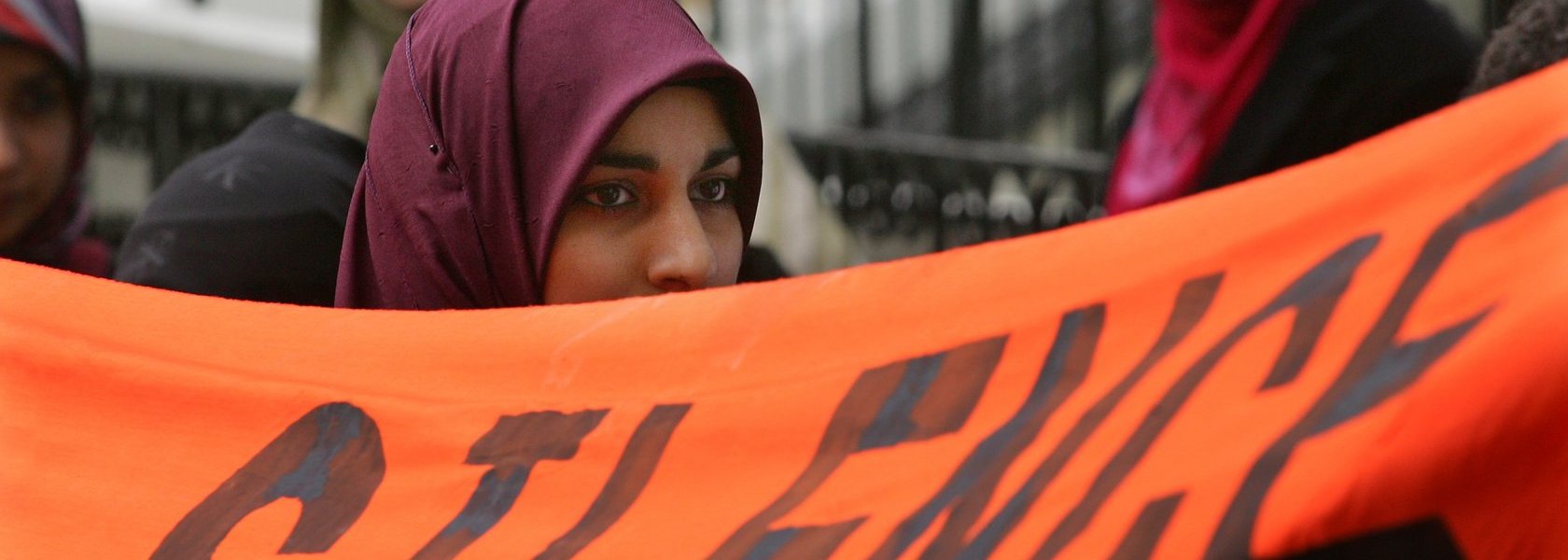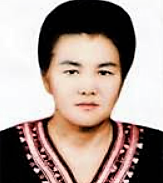FIDH and its member organisation “Club des Coeurs ardents”

Paris, August 30, 2018: On this year’s International Day of Victims of Enforced Disappearances, FIDH and its member organization, the “Fiery Hearts Club,” as well as the Coordination Board of the civil society group “Uzbekistan Alternative,” call on the international community to demand that the Uzbek authorities conduct comprehensive, objective, and transparent investigations into the cases of enforced disappearances in the country.
As the President of Uzbekistan’s visit to France approaches – it will be Shavkat Mirziyoyev’s first visit to an EU country since he came to power two years ago – our organizations are calling on French officials to give due attention to the issue of forced disappearances during their discussions with Uzbekistan.
Enforced disappearances began in Uzbekistan in the 1990s. They mainly concern political and religious opponents.
Even though reactions to many enforced disappearances – involving opposition and human rights activists, as well as independent journalists – have usually provoked reaction to subsequently result in the release of those concerned, the enforced disappearances of ordinary citizens, often practicing Muslims, go virtually unnoticed both in Uzbekistan and abroad. Moreover, the fate of many missing religious believers and leaders remains unknown to this day.
In the past, families of missing persons were afraid to bring the case to the public’s attention through alerting human rights defenders or independent journalists. Therefore, the true scale of this issue remains unknown, and society has only bits and pieces of information relating to some of the most significant cases. The secrecy surrounding the number of enforced disappearances under Islam Karimov is also explained by measures taken by the government in the fight against terrorism.
“The problem of enforced disappearances has not been duly addressed, whether inside Uzbekistan or outside its borders. Unfortunately, none of the 24 cases on which our team managed to gather information resulted in an investigation, and some of these missing persons disappeared more than 25 years ago,” commented Mutabar Tadjibayeva, Founder and President of the international human rights organization “Fiery Hearts Club,” which has been running a campaign entitled “Don’t forget the victims of enforced disappearances” since 2015.
The political changes in the country following the death of President Islam Karimov have allowed civil society and families of the victims to call on government officials – including through public appeals to the new President Shavkat Mirziyoyev – to investigate cases of enforced disappearances. Our organizations regret these requests have so far gone unanswered.
“We welcome the progress made by President Mirziyoyev in recognizing problems with human rights in Uzbekistan. His efforts to shed light on the enforced disappearances under Islam Karimov will be an important indicator of the government’s resolve to solve these problems,” said FIDH President Dimitris Christopoulos.
The Uzbek authorities have an obligation to investigate enforced disappearances and bring those responsible to justice. Victims’ whereabouts must be established and they must be immediately released. Otherwise, the authorities must ensure that their remains are identified and returned to their families.
Victims of enforced disappearances and their families must receive appropriate reparations. Respect for the right to truth, justice and reparation of victims is a guarantee that such crimes are never again repeated.


